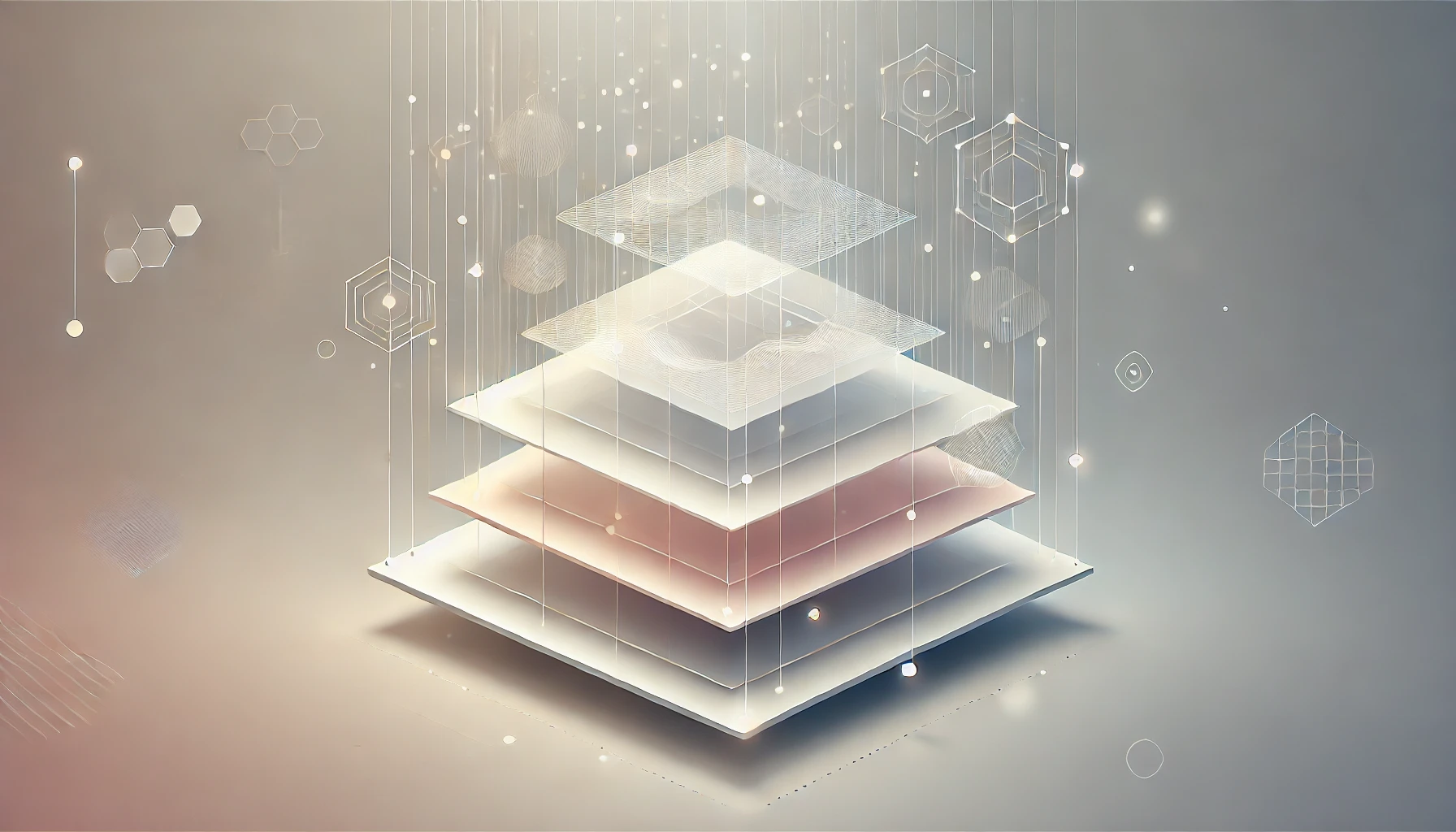If you're still clutching your smartphone like it's the pinnacle of technology, let me hit you with a futuristic truth bomb: the world of AI in 2025 will make your trusty gadgets look like relics from the stone age. From autonomous robots that can cook your breakfast to AI agents that’ll pretty much run your business while you binge-watch Netflix, we're in for a wild ride. But don’t just take my word for it—here’s a breakdown of the 10 major things you should expect AI to serve up by 2025. Grab your popcorn.
1. AI Agents: The Rise of the Digital Task Force
Imagine this: You ask your AI to handle your morning emails, file your taxes, and find you the cheapest flight to Bali—all while you sip your coffee. Enter AI agents, a fancy term for systems that handle tasks, tasks, and more tasks. But unlike the old-school Siri or Alexa, these agents won’t need constant input or micromanagement. They'll execute tasks like a personal assistant on steroids.
Companies like Google are already working on agents that can do everything from customer service to data management to creative work. Need your Instagram captions planned for the next month? Boom—AI agent. OpenAI is busy developing software to automate tasks like transferring data between spreadsheets or filling out your expense reports. AI agents will soon make you wonder how you ever survived without them.
The implications of this shift are massive. As these agents become more competent, they’ll start replacing traditional roles in offices and homes. Imagine asking your AI to "start and run a business" for you—what then? Sam Altman, CEO of OpenAI, suggested this might be our reality sooner than you think.
2. Voice Assistants 2.0: Siri, But Smarter
We’ve all been let down by Siri or Alexa at some point. Sure, they can tell you the weather or play your favorite song, but they’re essentially glorified alarm clocks. By 2025, voice assistants will be smarter, more intuitive, and dare I say, more human. Projects like Google’s Project Astra are already creating next-gen voice assistants capable of real conversations—imagine asking your AI for dinner recommendations, and instead of tossing out random Yelp reviews, it knows your favorite restaurants, dietary preferences, and the perfect spot for the evening.
Real-life scenario: One day, you’ll be in your kitchen asking your AI to prep your grocery list, suggest gift ideas for your friend's wedding, and manage your calendar—all while it handles everything without missing a beat.
3. True Multimodality: Any to Any
What if you could feed your AI any type of input—text, image, sound, video—and have it output any other form of media? This is true multimodality. Imagine asking your AI to summarize a 45-minute video into a crisp infographic or create a 3D object from a sketch you made on a napkin. Companies like NVIDIA and Google are leading the charge, and by 2025, AI will be the ultimate translator between all forms of human communication. Tools like PowerPoint or Photoshop will feel like ancient history.
4. Personalization at Scale: AI That Knows You Better Than Your Mom
The future isn’t just about powerful AI—it’s about AI that’s personally tailored to you. Right now, if you ask ChatGPT what restaurant to eat at, it’ll offer general suggestions. By 2025, your AI will know your preferences, dietary restrictions, allergies, and even how you like your eggs cooked. Ask your AI, “What should I eat today?” and it won’t just throw out random ideas—it’ll suggest meals that align with your fitness goals, mood, or nutritional needs.
5. Smarter AI with Better Reasoning
Let’s be honest: AI today is impressive, but it’s still pretty dumb in some ways. Give it a complex problem, and it might give you a nonsense answer. By 2025, AIs like GPT-5 will be significantly smarter, able to reason through complex scenarios, learn from past interactions, and deliver reliable answers every time. No more errors or guesswork—just the right answers, consistently. It’s like upgrading from a flip phone to a smartphone; once you experience it, you’ll wonder how you ever got by without it.
Think of the jump from GPT-4 to GPT-5 as the difference between driving a car and flying a jet—it’s a whole new level of capability.
6. Custom-Trained Models: Your AI, Your Way
Imagine if your AI was custom-trained to be the ultimate legal assistant, stockbroker, or fitness coach. Companies like Harvey and OpenAI are already working on custom-trained models for specific industries like law and medicine. These models won’t just be jack-of-all-trades—they’ll be masters of their specialized fields. Legal AI trained on massive datasets of case law will help lawyers research faster and draft airtight legal documents, while medical AI will revolutionize healthcare by delivering precision diagnoses and treatments.
7. AI in Healthcare: Diagnosing Your Flu Before You Even Have It
The idea of having AI analyze your symptoms, medical history, and lifestyle to offer accurate health advice is no longer science fiction—it’s happening. Google and Apple are working on AI systems that offer personalized health recommendations, track your fitness goals, and even diagnose issues before they become serious. Imagine your AI notifying you, “You’ve been under stress—here’s a plan to help you manage it,” or alerting you to potential health risks based on recent data.
You’ll feel empowered managing your health proactively through AI, putting you in the driver’s seat of your well-being.
8. Self-Driving Cars: The Uber of the Future
By 2025, self-driving cars won’t be a novelty—they’ll be everywhere. Companies like Waymo and Cruise are already running autonomous taxi services in cities like San Francisco and Austin, and people love it. These cars will safely navigate through traffic, avoid accidents, and drop you off at your destination without human input. Just imagine telling your car to drive you to work while you finish up a presentation—it’s that level of convenience.
9. Customer Service AI: No More “Press 1 for English”
Gone are the days of waiting on hold for customer service. AI will take over customer service entirely, offering faster, more efficient help than human reps ever could. Companies like Google are already testing AI-powered agents that handle everything from placing orders to offering personalized recommendations.
Wendy’s is even testing AI in its drive-thrus, making ordering burgers faster and more accurate. AI won’t just streamline customer service—it’ll redefine it.
10. Better Robots: Say Hello to Your New Butler
By 2025, robots won’t just be in factories—they’ll be in homes, offices, and even schools. Companies like Boston Dynamics are leading the charge, creating humanoid robots that can perform everyday tasks like cleaning, cooking, and even walking your dog. The robot revolution is coming, and it’s going to change the way we think about labor, efficiency, and our own roles in society.
The AI Future Is Closer Than You Think
The future is exciting but also a little scary. AI will reshape industries, redefine how we interact with technology, and force us to rethink what it means to be human. As thrilling as these advancements are, we need to remain aware of the challenges and ethical questions they bring. Are we ready for a world where AI is more than just a tool—it’s a partner, a decision-maker, and a game-changer?
What excites you most about the AI revolution? Do you have concerns about where it's headed? Let’s keep the conversation going in the comments.
And don’t forget—join the iNthacity community today to claim your citizenship of the "Shining City on the Web", and stay ahead of the curve as we dive into the future of tech!




















Post Comment
You must be logged in to post a comment.